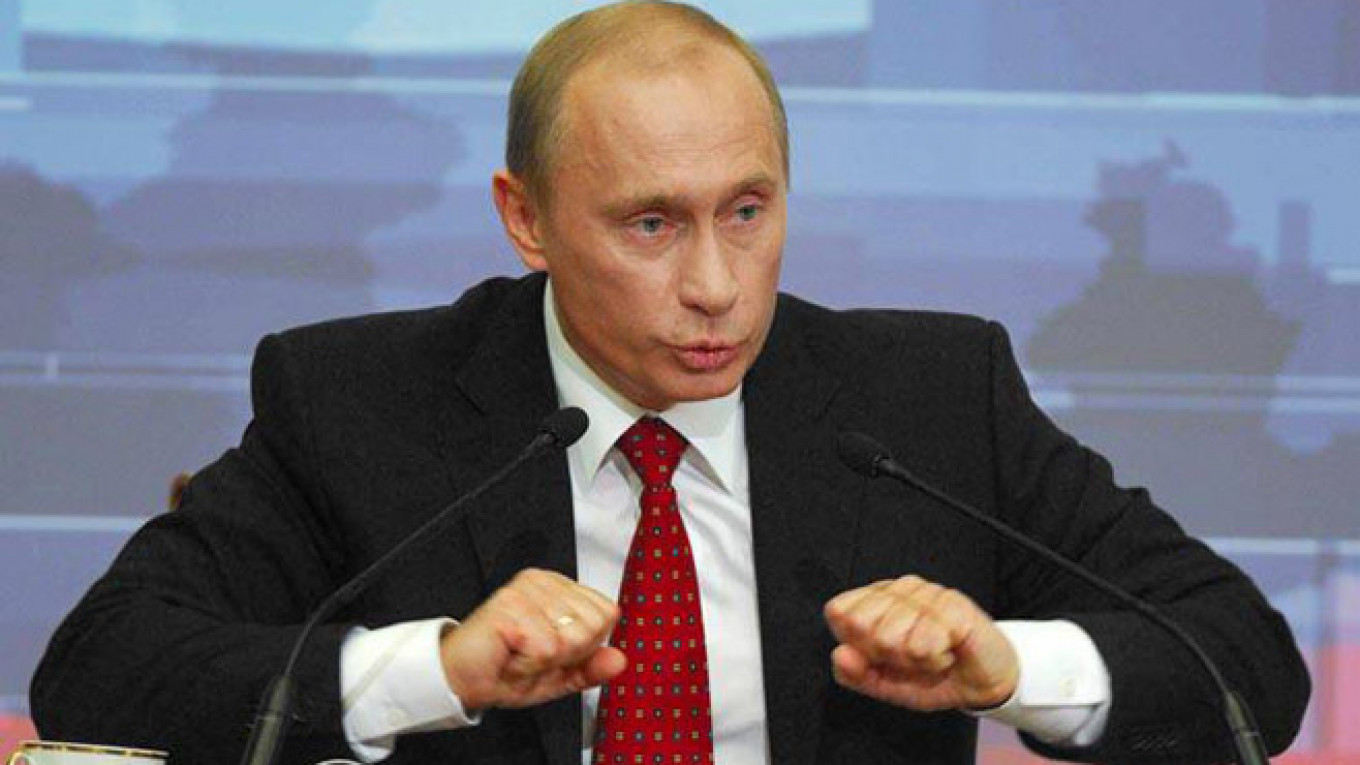While President Vladimir Putin's short-term goals in Ukraine are discernible, his strategic objectives in going rogue remain largely a mystery.
In Ukraine, the Kremlin aims for the "Bosnification" of Ukraine — a loose confederation, with the eastern and southern regions forming a Russia-dominated statelet like Respublica Srpska, which one of two political entities in Bosnia and Herzegovina. This would in theory give Russia veto power over Ukraine's membership in NATO or the European Union, while still preserving the option of one day reincorporating "historic Russian lands" into Russia. Whether this includes what Putin calls "New Russia" or even more territory is debatable.
"Bosnification" would logically need a "new Dayton," a negotiated solution in which great powers dictate to Ukraine its new constitutional setup — one that matches Moscow's vision. Whether a new Dayton would emerge from "pre-emptive Western diplomacy" or a civil war will break out in Ukraine with Russia leading a "peace-enforcement operation" depends on the intensity of Ukraine's pushback.
Strategically, though, it is unclear where Putin is heading. The Kremlin talks vaguely about revising the post-Cold War order to recognize Russia's "geopolitical interests" in the post-Soviet space. According to the Kremlin's vision, the West should not encroach on Russia's sphere of interests in its backyard. It also should retrench in some places where it had advanced when Russia was too weak to block it. Russia should have veto power on European security and trade issues.
Russia seeks formal recognition of its status as a global power on par with the U.S., including de facto veto power on U.S. and NATO military action. Moscow assumes the world is tired of Western global dominance and would readily welcome Russia's lead to challenge it across the board.
Although ambitious, this does not add up to a viable strategy. Blackmail and a refusal to play by the rules are inadequate tools to secure your interests. There has to be a positive platform other nations could support.
Here Putin comes short, offering no specifics on what new world order he wants to usher in. Few have signed on to vacuous initiatives like the pan-European security treaty or the Lisbon-Vladivostok free trade zone.
The president seems more interested in disrupting the existing international arrangements than in promoting new ones. Unpredictability has become his principal foreign policy asset. He has discovered the lure of power that comes with going rogue with nukes.
Vladimir Frolov is president of LEFF Group, a government relations and PR company.
A Message from The Moscow Times:
Dear readers,
We are facing unprecedented challenges. Russia's Prosecutor General's Office has designated The Moscow Times as an "undesirable" organization, criminalizing our work and putting our staff at risk of prosecution. This follows our earlier unjust labeling as a "foreign agent."
These actions are direct attempts to silence independent journalism in Russia. The authorities claim our work "discredits the decisions of the Russian leadership." We see things differently: we strive to provide accurate, unbiased reporting on Russia.
We, the journalists of The Moscow Times, refuse to be silenced. But to continue our work, we need your help.
Your support, no matter how small, makes a world of difference. If you can, please support us monthly starting from just $2. It's quick to set up, and every contribution makes a significant impact.
By supporting The Moscow Times, you're defending open, independent journalism in the face of repression. Thank you for standing with us.
Remind me later.








